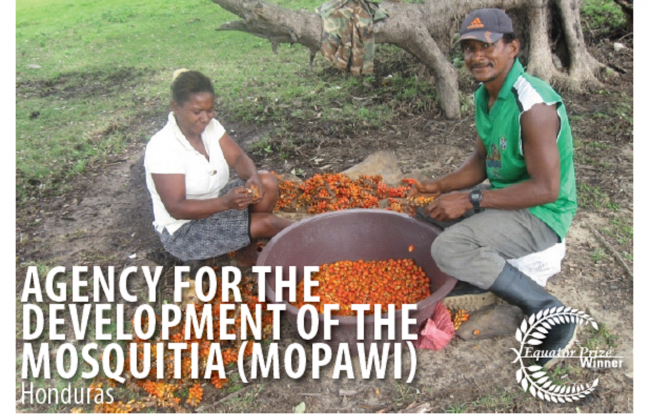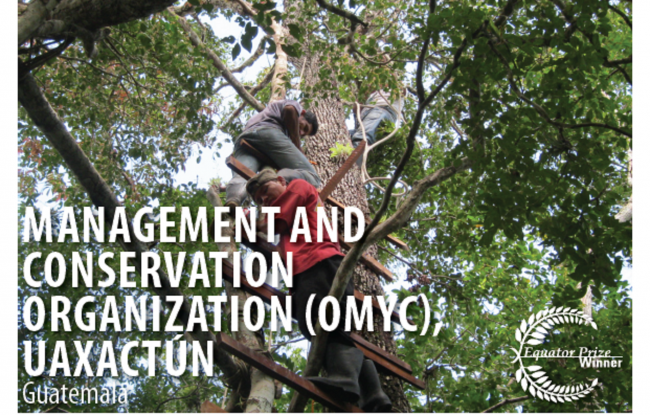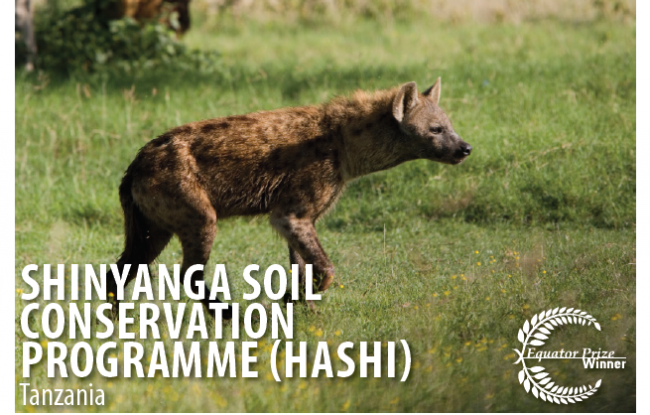UNDP works in some 170 countries and territories, helping to achieve the eradication of poverty, and the reduction of inequalities and exclusion. We help countries to develop policies, leadership skills, partnering abilities, institutional capabilities and build resilience in order to sustain development results.
Inclusive growth, better services, environmental sustainability, good governance, and security are fundamental to development progress. We offer our expertise in development thinking and practice, and our decades of experience at country level, to support countries to meet their development aspirations and to bring the voices of the world’s peoples into deliberations.
In 2016, UNDP is continuing its work to support the 2030 Agenda for Sustainable Development and the 17 new Sustainable Development Goals (SDGs), or Global Goals, as they help shape global sustainable development for the next 15 years.
UNDP focuses on helping countries build and share solutions in three main areas:
In all our activities, we encourage the protection of human rights and the empowerment of women, minorities and the poorest and most vulnerable.
Members:
Resources
Displaying 226 - 230 of 358Equator Initiative Case Studies. Honduras. Agencia para el Desarrollo de la Mosquitia (MOPAWI, Agency for the Development of the Mosquitia) (Spanish)
Local and indigenous communities across the world are advancing innovative sustainable development solutions that work for people and for nature. Few publications or case studies tell the full story of how such initiatives evolve, the breadth of their impacts, or how they change over time. Fewer still have undertaken to tell these stories with community practitioners themselves guiding the narrative. The Equator Initiative aims to fill that gap.
Equator Initiative Case Studies. Guatemala. Organización de Manejo y Conservación (OMYC, Uaxactún, Management and Conservation Organization) (English)
Local and indigenous communities across the world are advancing innovative sustainable development solutions that work for people and for nature. Few publications or case studies tell the full story of how such initiatives evolve, the breadth of their impacts, or how they change over time. Fewer still have undertaken to tell these stories with community practitioners themselves guiding the narrative. The Equator Initiative aims to fill that gap.
Equator Initiative Case Studies. Comoros. Parc Marin de Mohéli (Mohéli Marine Park) (English)
Local and indigenous communities across the world are advancing innovative sustainable development solutions that work for people and for nature. Few publications or case studies tell the full story of how such initiatives evolve, the breadth of their impacts, or how they change over time. Fewer still have undertaken to tell these stories with community practitioners themselves guiding the narrative. The Equator Initiative aims to fill that gap.
Equator Initiative Case Studies. Tanzania, United Republic of. Hifadhi Ardhi Shinyanga (HASHI, Shinyanga Soil Conservation Programme) (English)
Local and indigenous communities across the world are advancing innovative sustainable development solutions that work for people and for nature. Few publications or case studies tell the full story of how such initiatives evolve, the breadth of their impacts, or how they change over time. Fewer still have undertaken to tell these stories with community practitioners themselves guiding the narrative. The Equator Initiative aims to fill that gap.
Equator Initiative Case Studies. Colombia. Asociación de Mujeres Ixpiyakok (ADEMI, Ixpiyakok Women\'s Association) (Spanish)
Local and indigenous communities across the world are advancing innovative sustainable development solutions that work for people and for nature. Few publications or case studies tell the full story of how such initiatives evolve, the breadth of their impacts, or how they change over time. Fewer still have undertaken to tell these stories with community practitioners themselves guiding the narrative. The Equator Initiative aims to fill that gap.






